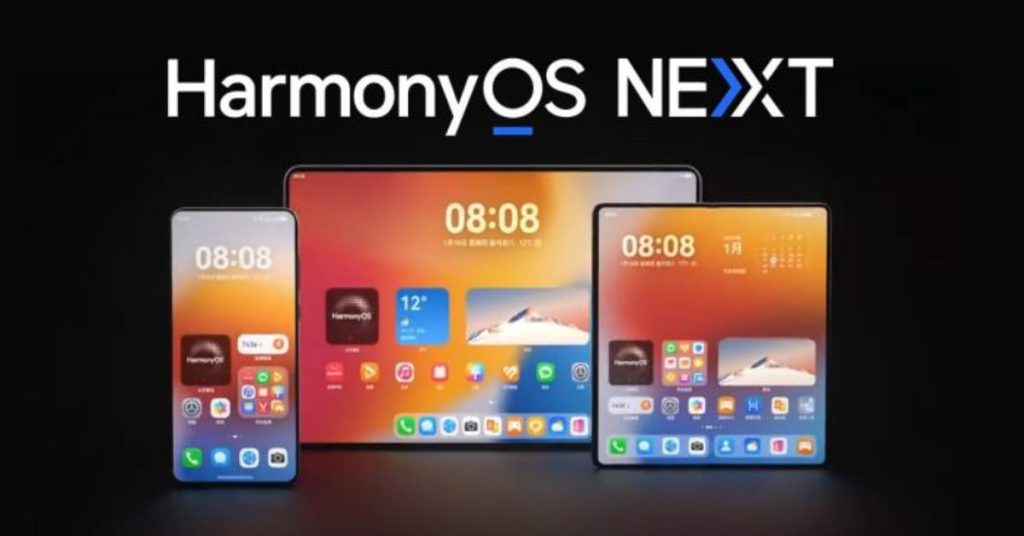Huawei‘s homegrown operating system, HarmonyOS, is experiencing rapid growth in China. The platform, launched in 2019 as an alternative to Android after U.S. sanctions restricted access to Google’s mobile OS, now holds the second-largest market share in China at 17%.
That’s higher than the share of Apple’s iOS, which sits at 16% while Google’s Android remains dominant with a commanding 68% share. Huawei’s quick ascent in its domestic market seems to be fueling a shift in its strategy towards app developers.
Currently, Huawei doesn’t charge developers for using its HarmonyOS platform. However, a new report by Bloomberg suggests the company is considering implementing a 20% commission fee on app revenue.

Charging developers a commission on revenue is a common industry practice, with leaders like Apple and Google charging rates ranging from 15% to 30%. Huawei has yet to officially comment on this change.
Huawei’s recent success appears more hardware-driven than software-focused. The company’s smartphone business has seen a significant rise since the Mate 60 series launch last year which was powered by the in-house Kirin chips with 5G capabilities despite ongoing U.S. sanctions.
Their latest flagship, the Pura 70 series also enjoyed a rapid sell-out upon its April release. This resurgence seems to be impacting Apple’s market share in China, based on market research data. Looking ahead, Huawei is expected to unveil the Mate 70 sometime between September and October.
The Mate 70 is expected to be the first Huawei phone to feature the stable version of HarmonyOS NEXT, which will completely drop support for Android apps. HarmonyOS NEXT is currently in the testing phase, with recent reports suggesting that the Developer Preview 2 offers better animation effects than Android.
It remains to be seen if the company officially implements the rumored commission fee and how developers will respond to this change in the HarmonyOS ecosystem.







